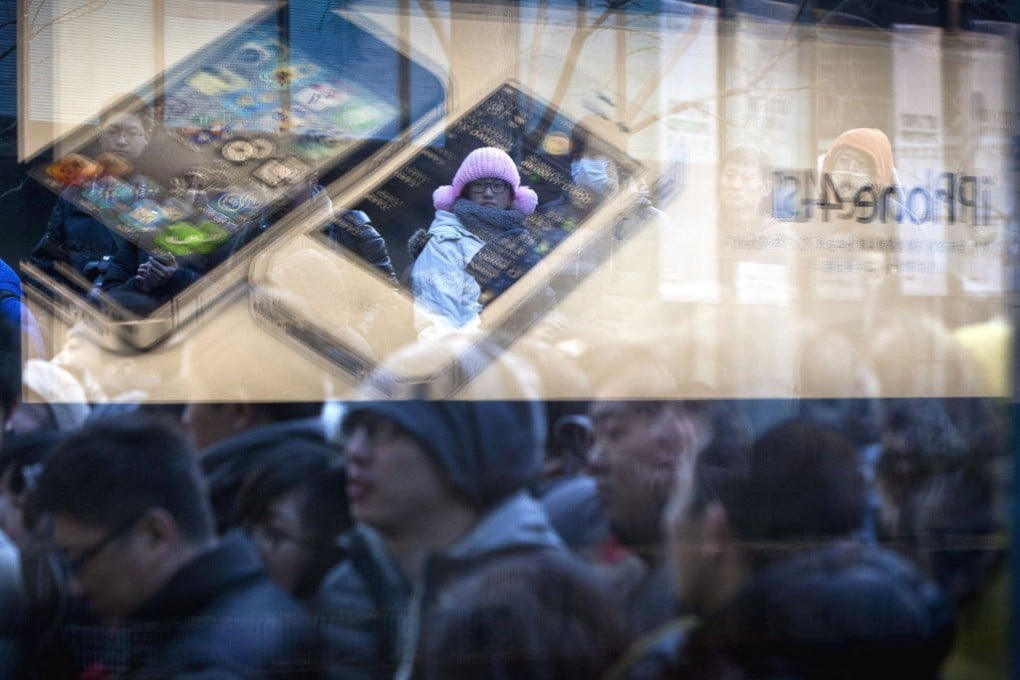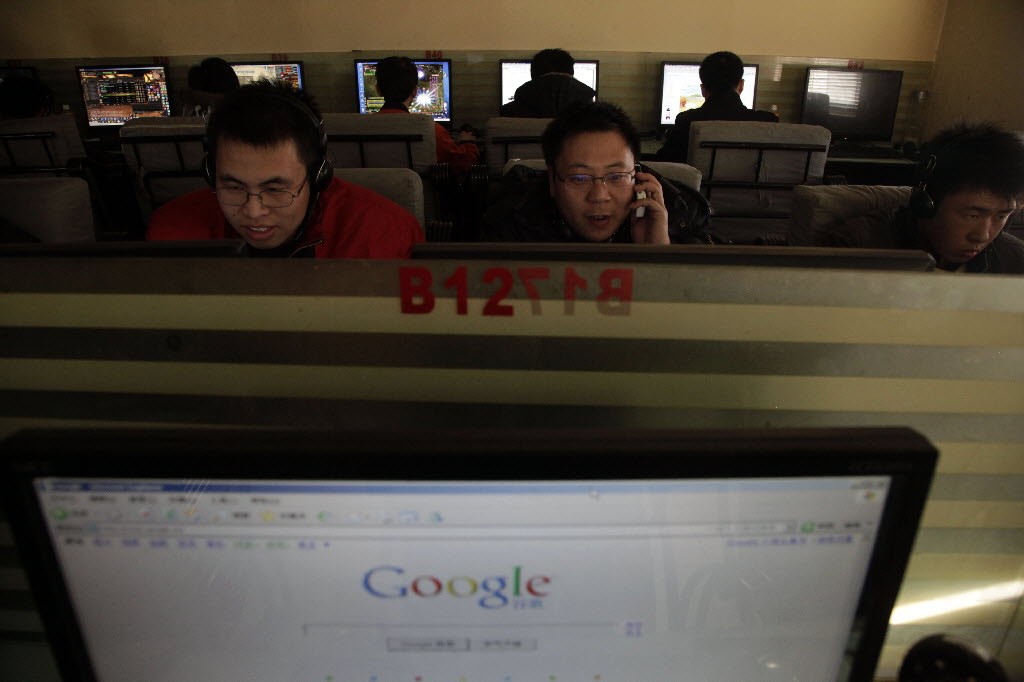Advertisement
From flip phones to smartphones: Growing up in China’s decade of tech transformation
Living in China through most of the 2010s, I look back at how far we’ve come
Reading Time:7 minutes
Why you can trust SCMP
0

This article originally appeared on ABACUS
The funny thing about technology is how quickly innovation can become normal.
I went back to mainland China about a dozen times this year. I had my face scanned at airports, paid for things with my phone, and occasionally saw robot waiters bring food to my table.
Maybe the technologies behind all of those things weren't totally unfathomable in 2010. But the pace at which it’s all become just a routine part of daily life in China was hard to imagine just ten years ago.
In 2010, I was in high school in the northeastern city of Changchun, part of China’s rust belt. That was two years after China surpassed the total number of internet users in the US, becoming the world’s biggest online population. But more than one third of them were still getting online in internet cafes, and the average broadband speed in China was just over 100kb/s.

For a high schooler in China getting ready for the nerve-racking Gaokao exam, going online was a luxury. Only on weekends was I allowed some free screen time, and I would use my father’s computer to find music on Baidu, the country’s biggest search engine -- which was also one of the country’s biggest sources for pirated music. Troves of songs were free to download online, and I would then copy them on to my MP3 player.
Meet Baidu, China’s homegrown search engine
Advertisement